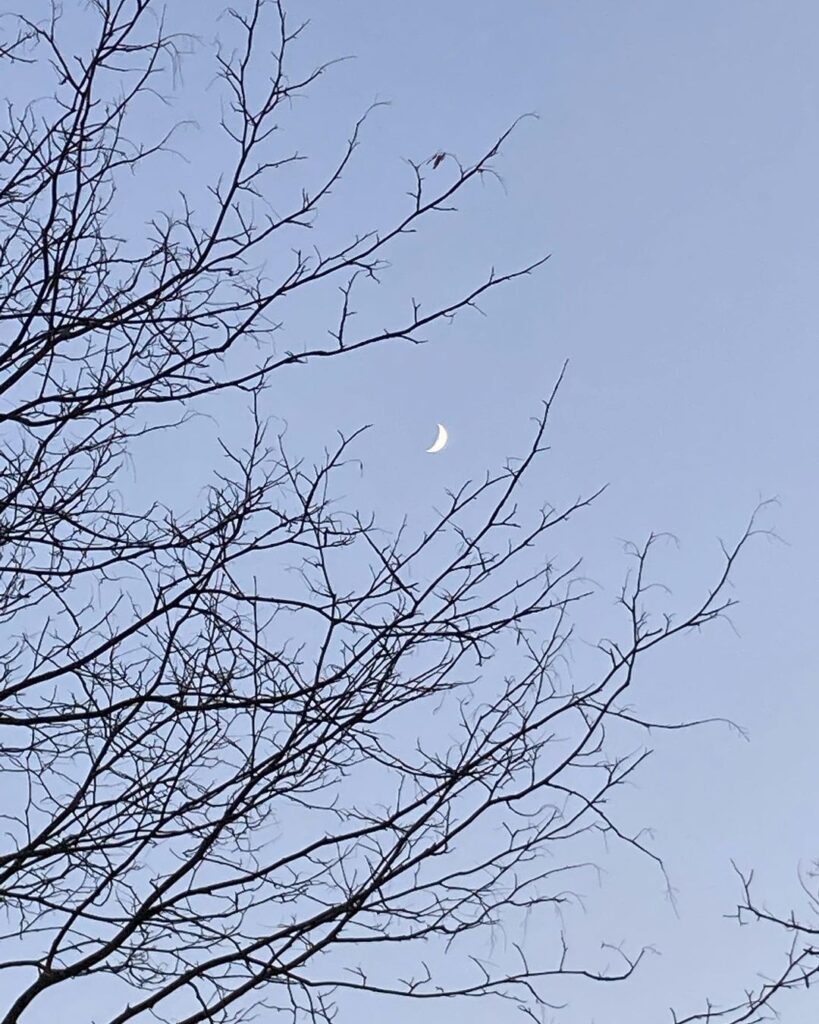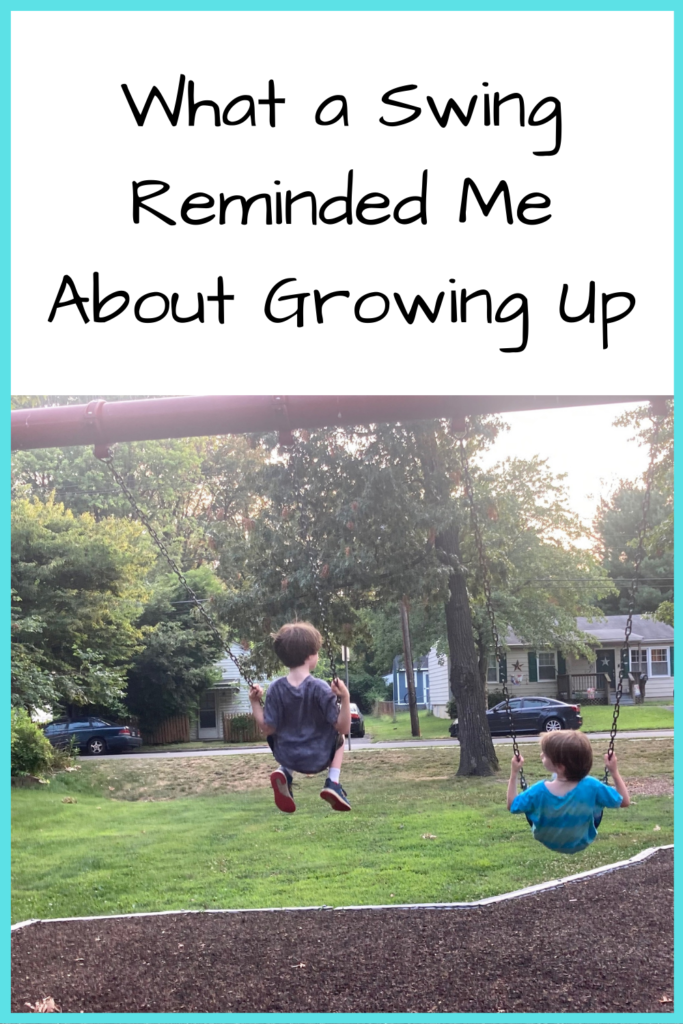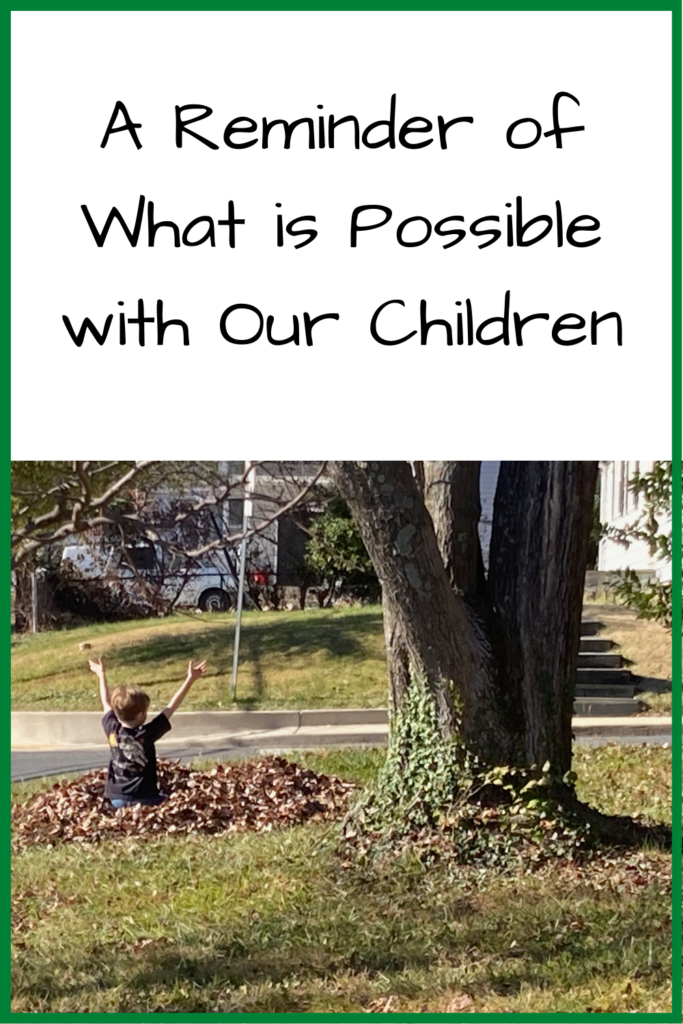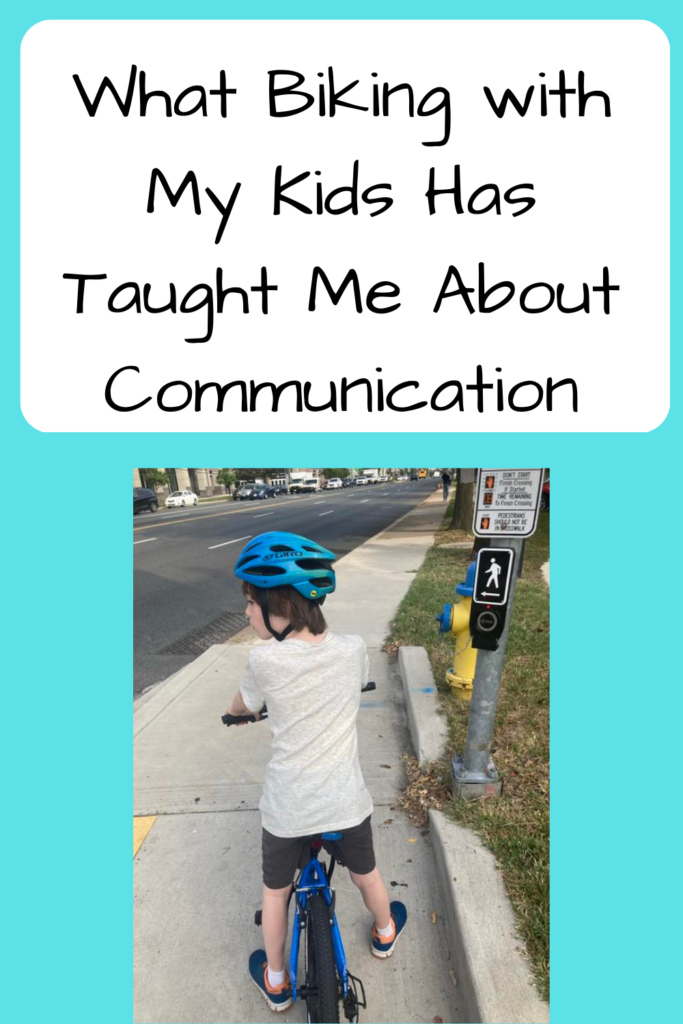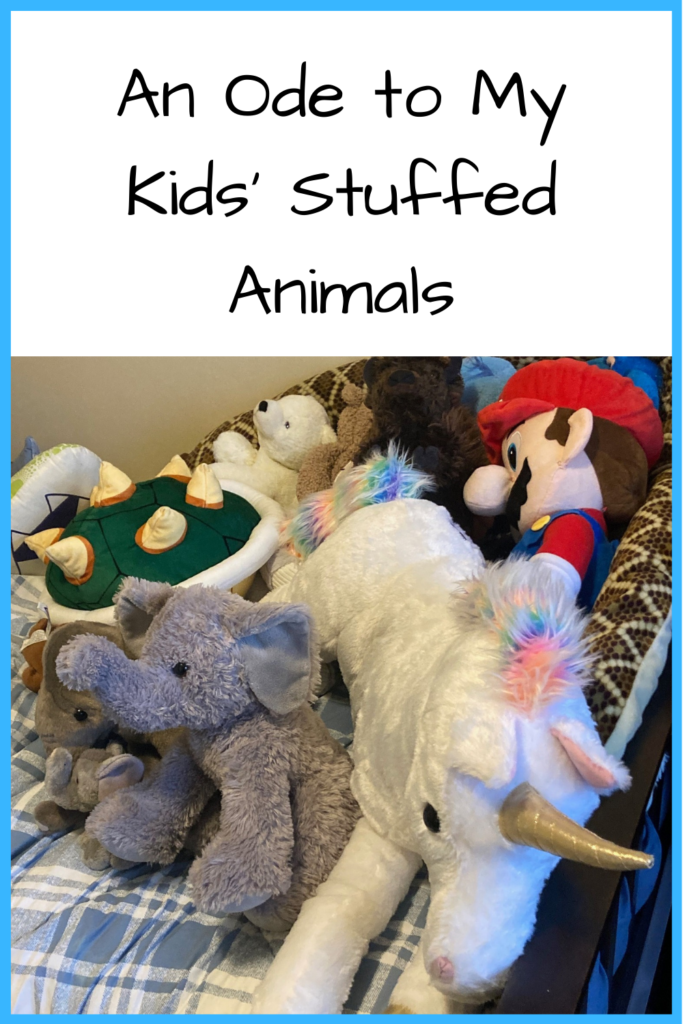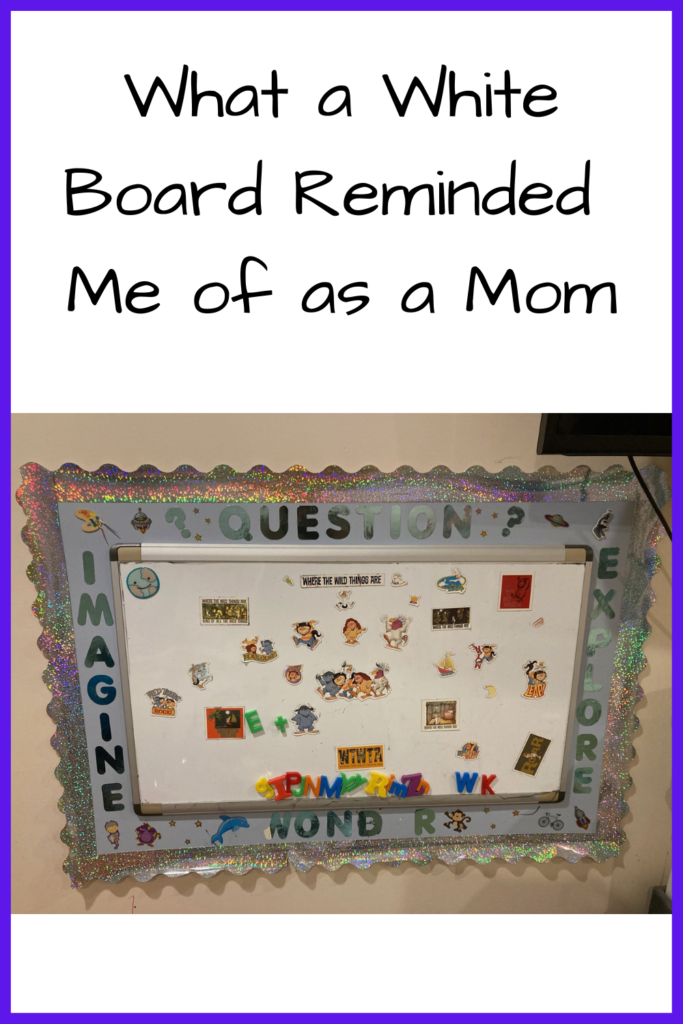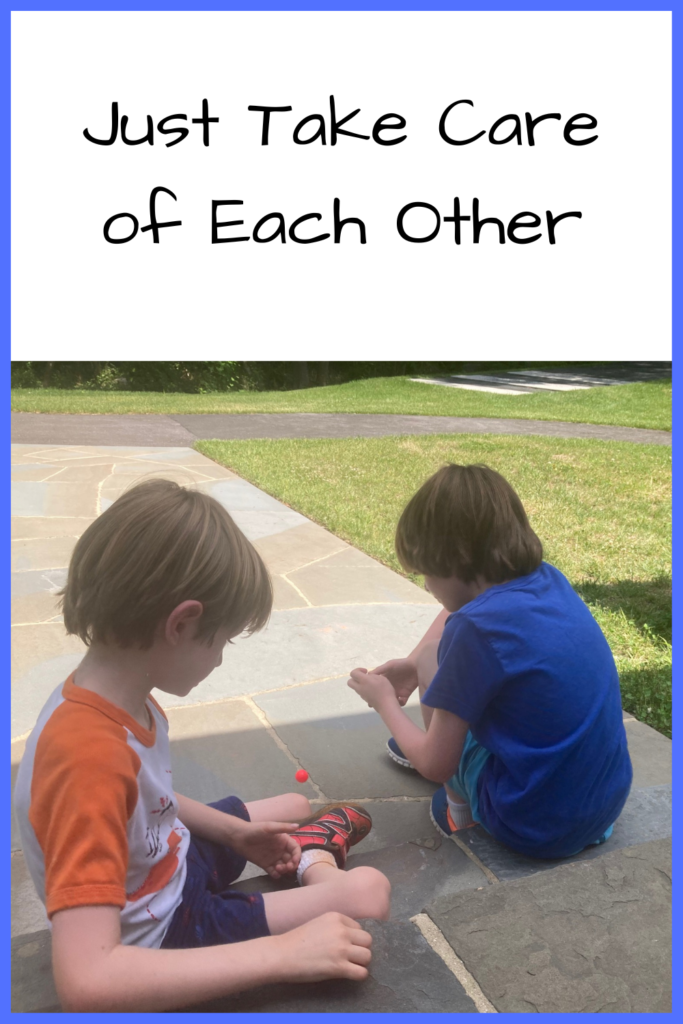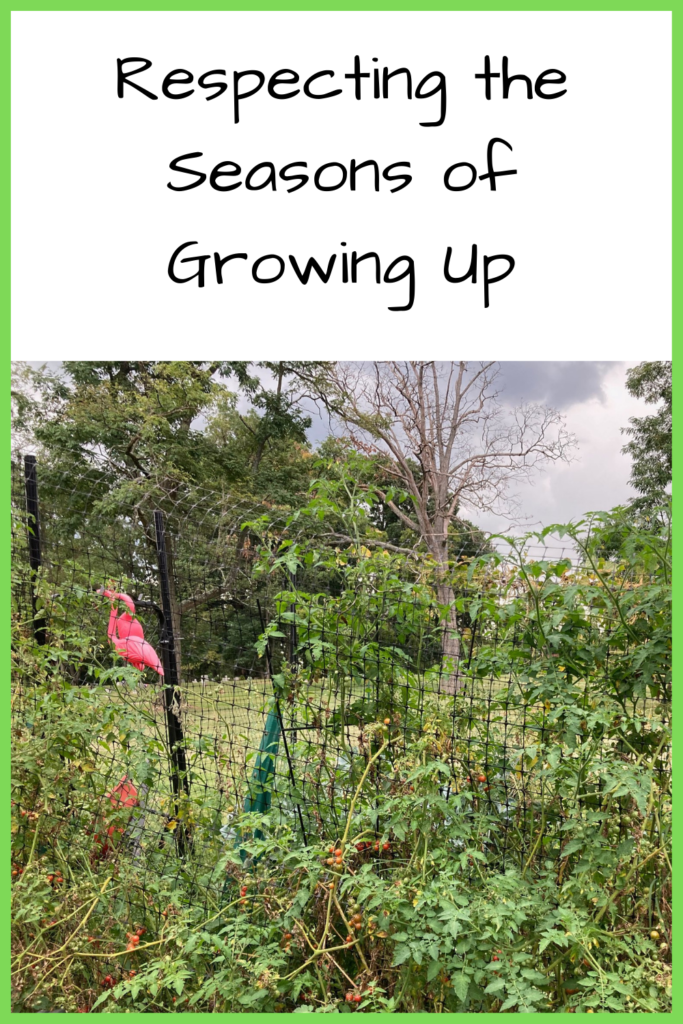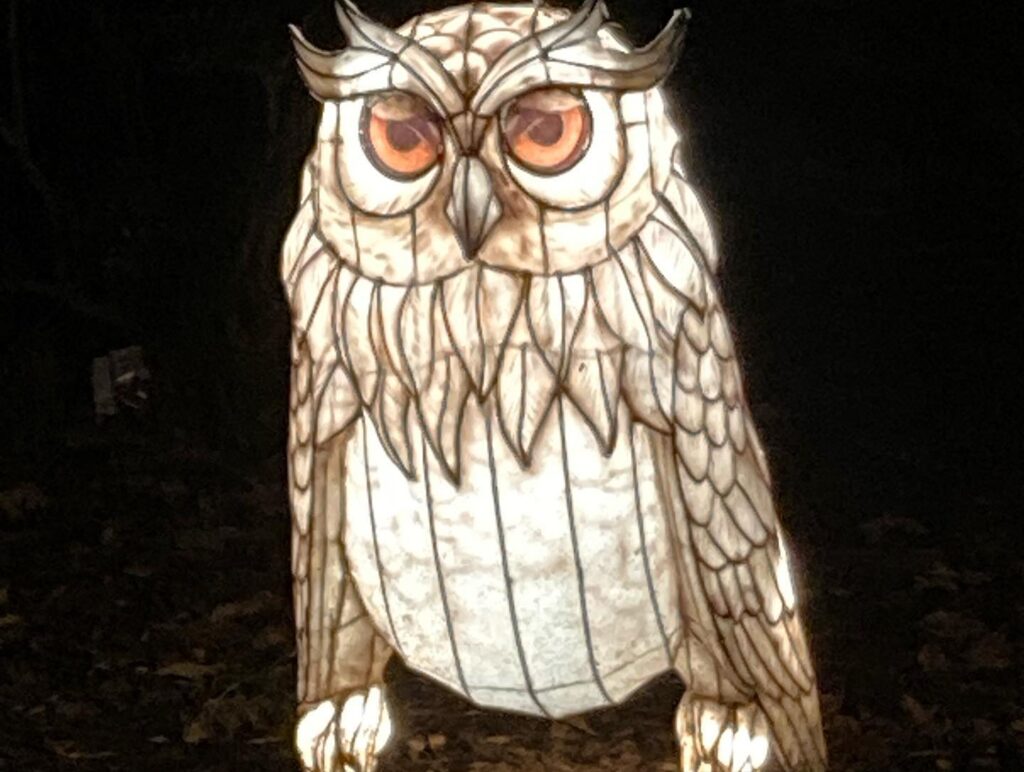
Many of us tell our kids that all feelings are okay, it’s how you act on them that affects people. But how often do we apply that to ourselves?
When we attended Zoolights at the Smithsonian Zoo, I was a little disappointed that they got rid of most of their traditional string light animals and replaced them with the Chinese lantern-style animals. At first, I shoved down the disappointment and thought “just enjoy it, Shannon.” But then I realized “no, I can be disappointed. It’s okay to be disappointed.” And accepting that freed up the headspace to actually enjoy what they had.
Holding those contrasting things in tension – that you can be disappointed and enjoy what’s there instead or knowing that our kids are tiring and we love them dearly – is really difficult for us as humans. Our brains want to simplify and eliminate ambiguity. But it’s a really valuable skill for parenting – which is full of ambiguity – and life.
